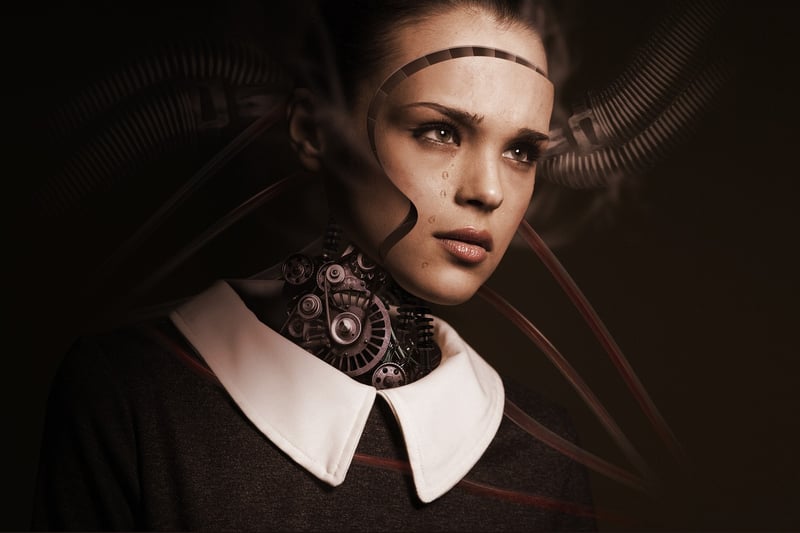Future Technologies
The Evolution of Technology: From Past to Future
The Industrial Revolution (1760-1840)
The Industrial Revolution marked a significant turning point in history, where manual labor was replaced by machines powered by steam engines. This era saw the birth of mechanized production, leading to rapid advancements in manufacturing and transportation.

The Information Age (20th Century)
The 20th century witnessed the rise of computers and the internet, defining the Information Age. This era revolutionized communication, allowing people to connect globally and access vast amounts of information at their fingertips.

The Digital Era (2000s-Present)
The Digital Era brought forth smartphones, social media, and cloud computing, shaping how we interact with technology on a personal level. This period emphasized connectivity, convenience, and the integration of digital solutions into everyday life.

The Future: Emerging Technologies
As we look towards the future, several emerging technologies are set to redefine how we live and work. Artificial Intelligence (AI), Virtual Reality (VR), Internet of Things (IoT), and 5G networks are among the innovations that hold immense potential to transform various industries.

Artificial Intelligence (AI)
AI involves machines simulating human intelligence processes such as learning, reasoning, and problem-solving. From autonomous vehicles to personalized recommendations, AI is paving the way for smarter technology applications.
Virtual Reality (VR)
VR immerses users in a computer-generated environment, offering unique experiences in gaming, training simulations, and virtual tours. This technology is evolving rapidly, promising exciting possibilities for entertainment and education.
Internet of Things (IoT)
IoT connects everyday devices to the internet, enabling them to send and receive data. Smart homes, wearable tech, and industrial automation are just a few examples of how IoT is enhancing efficiency and convenience in various settings.
5G Networks
5G networks represent the next generation of mobile internet connectivity, offering faster speeds and lower latency. This advancement is expected to support the widespread adoption of IoT devices and enable new applications like autonomous vehicles and remote surgery.
The journey of technology from past to present has been nothing short of remarkable, and the future holds even more exciting possibilities. As we continue to innovate and integrate new technologies into our lives, the way we interact with the world will continue to evolve, shaping a future that is both connected and transformative.
